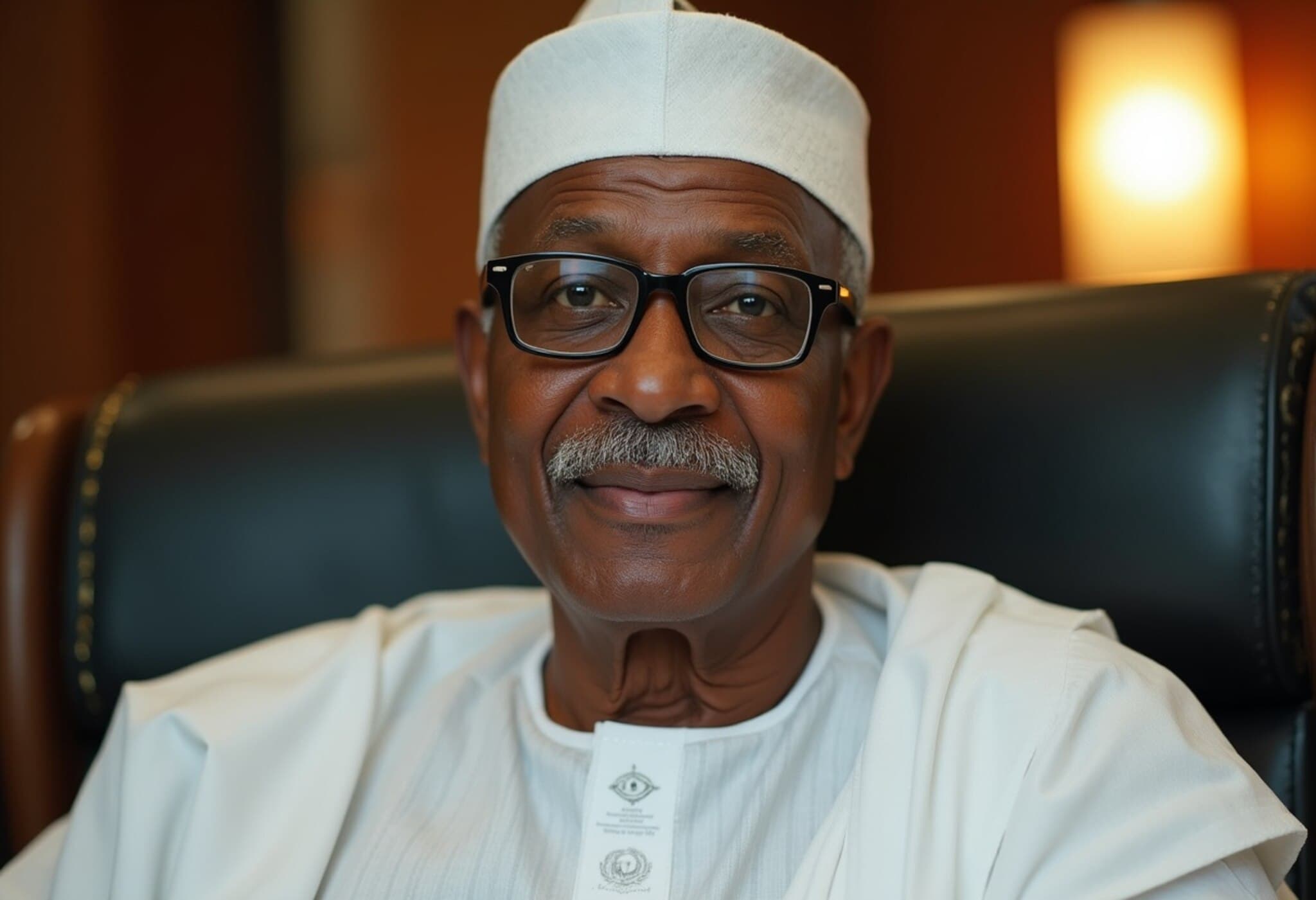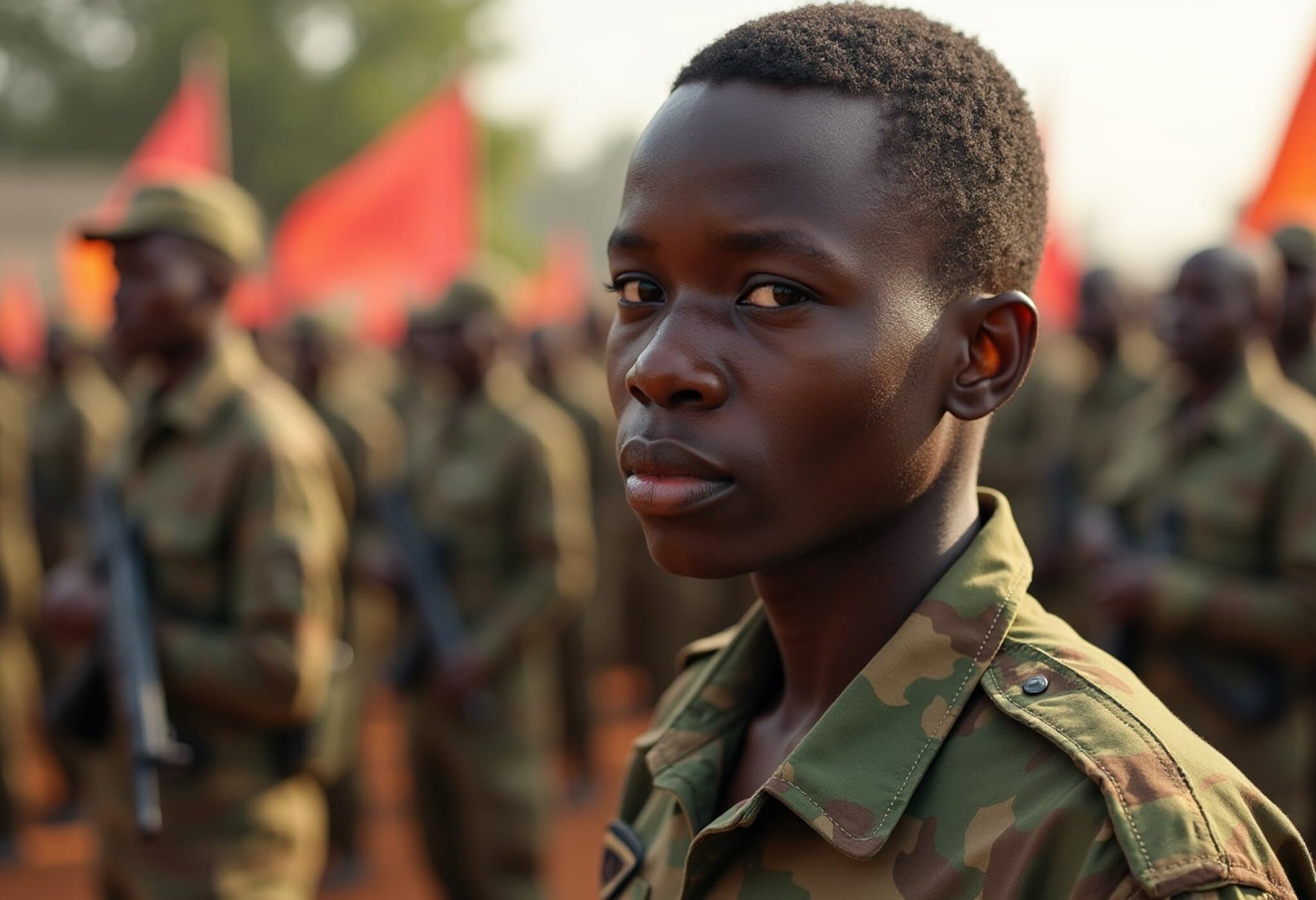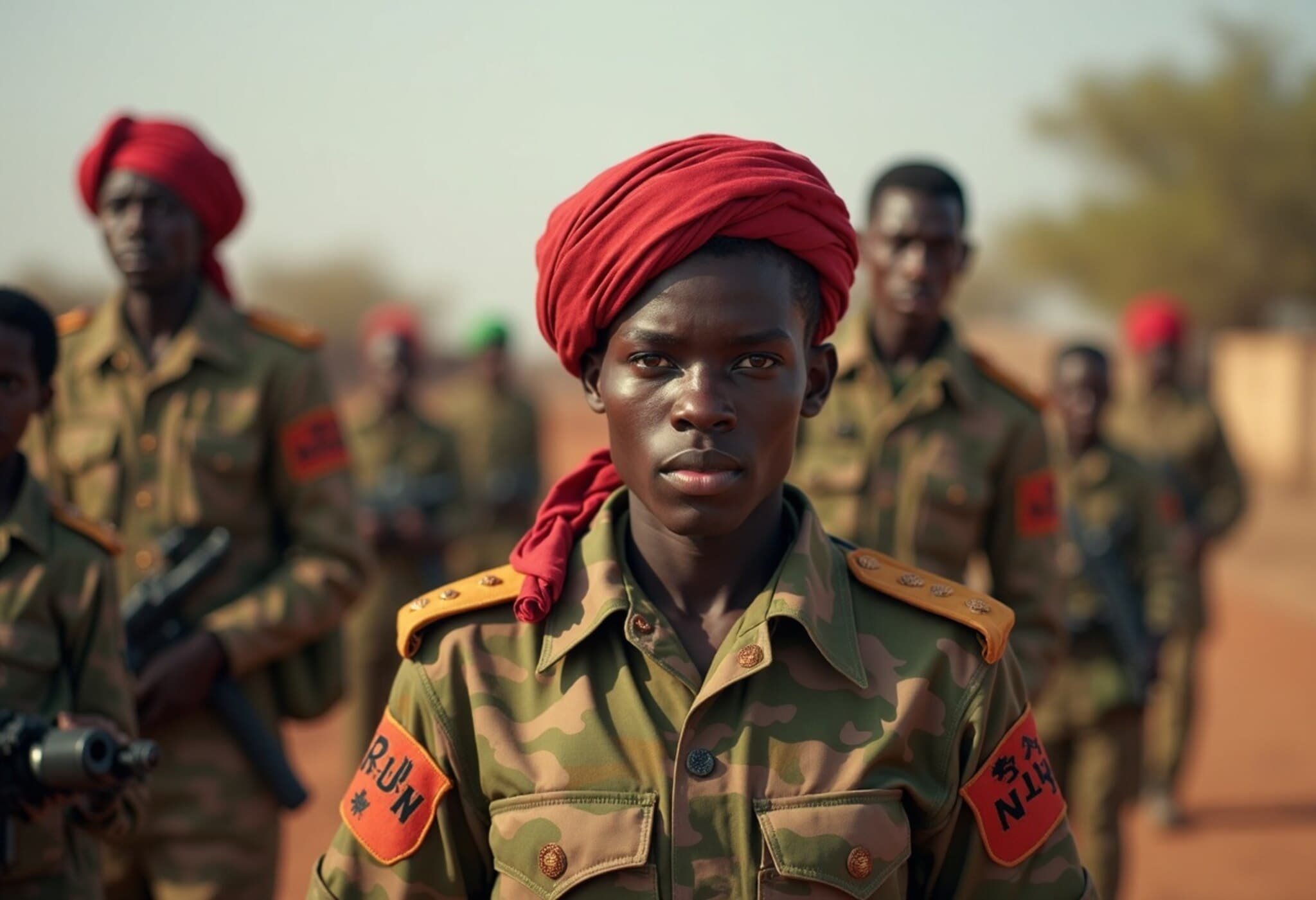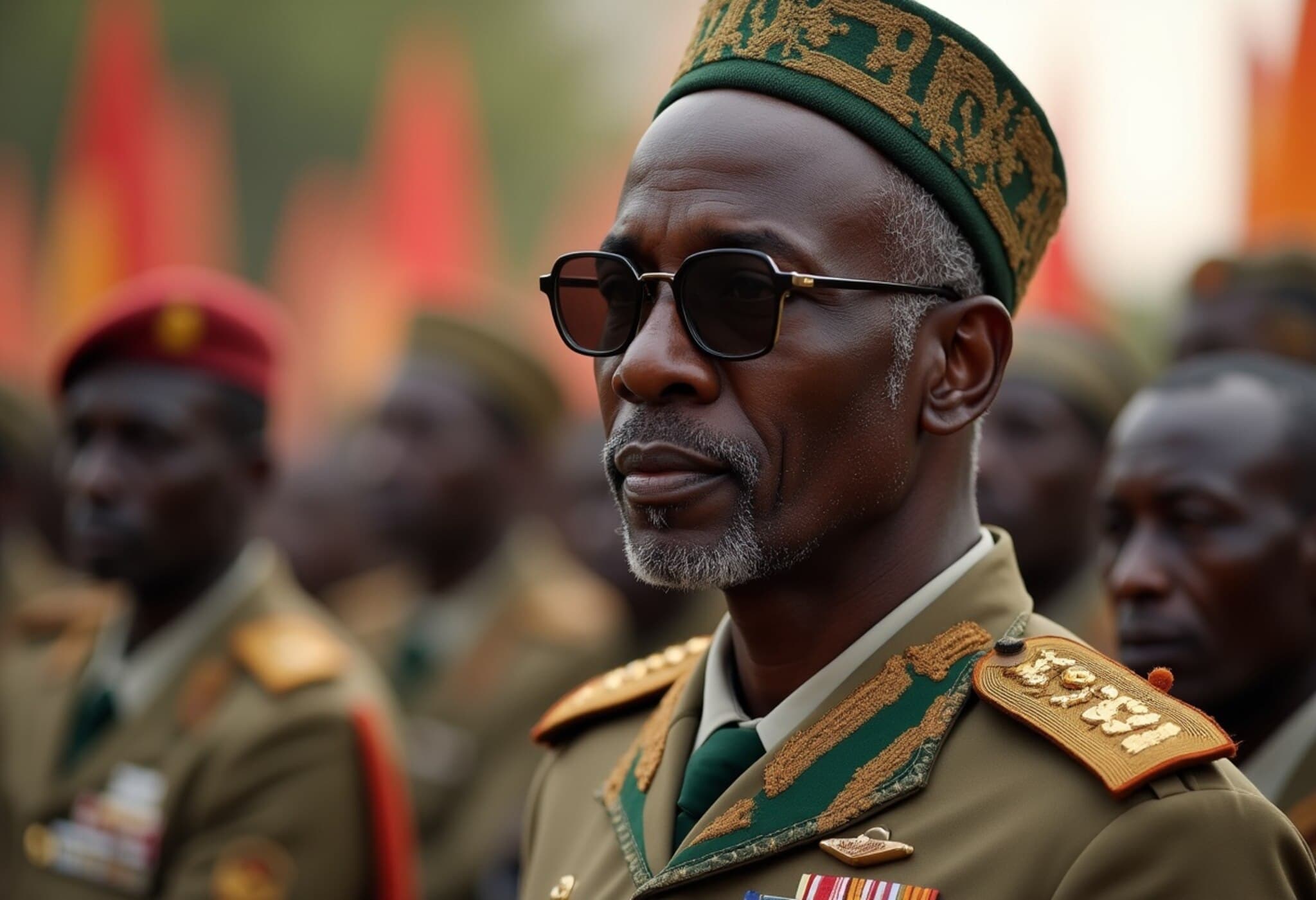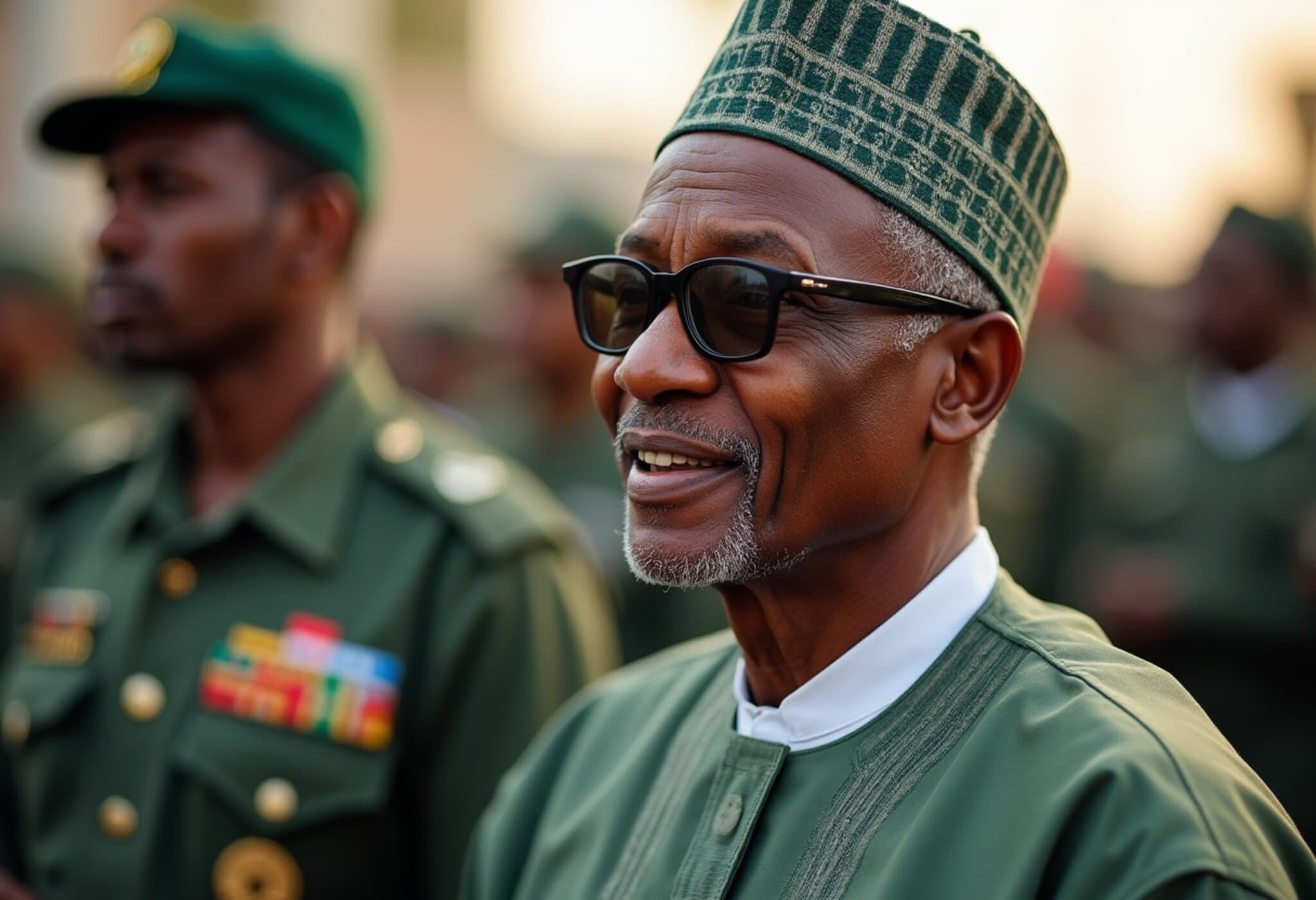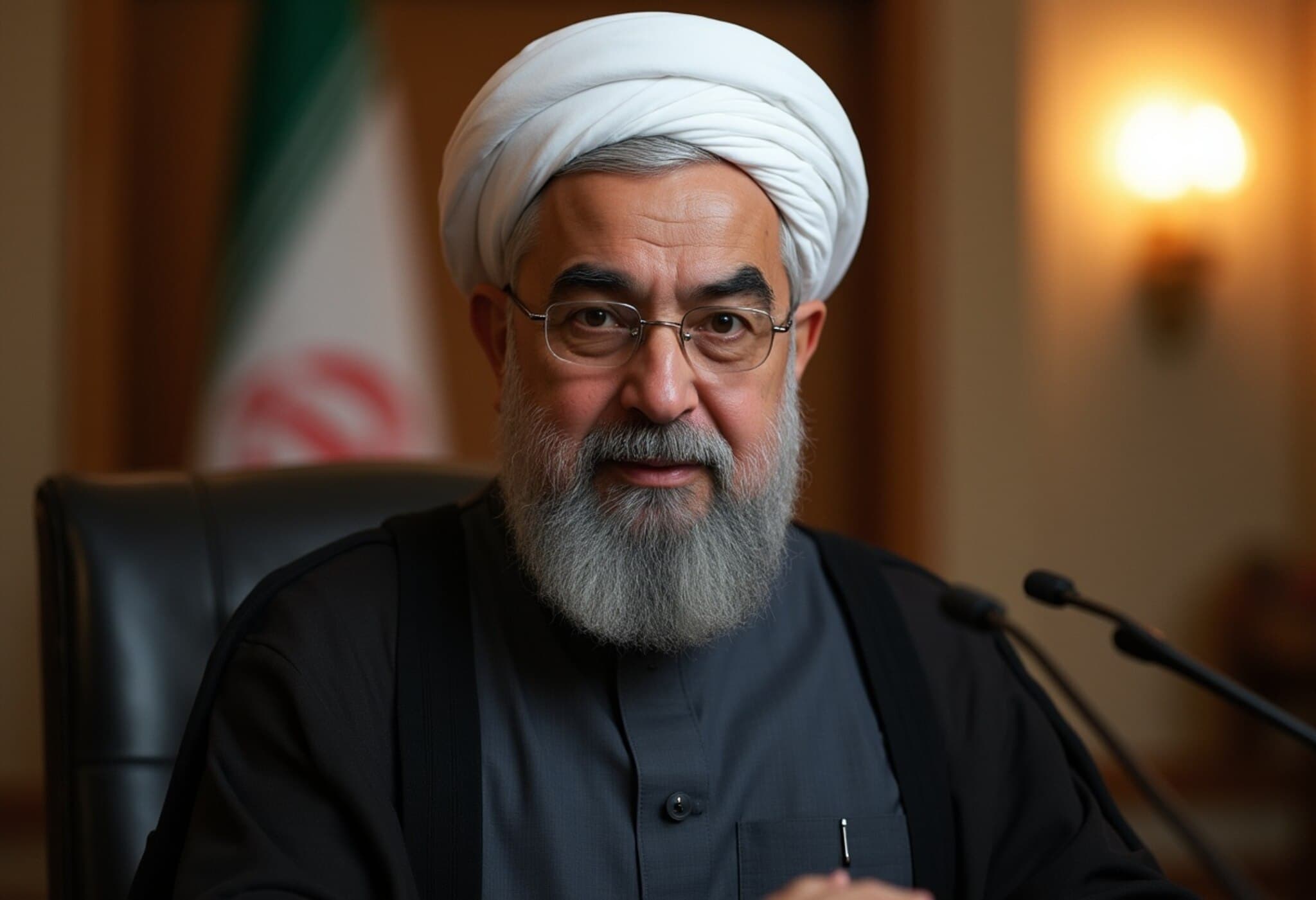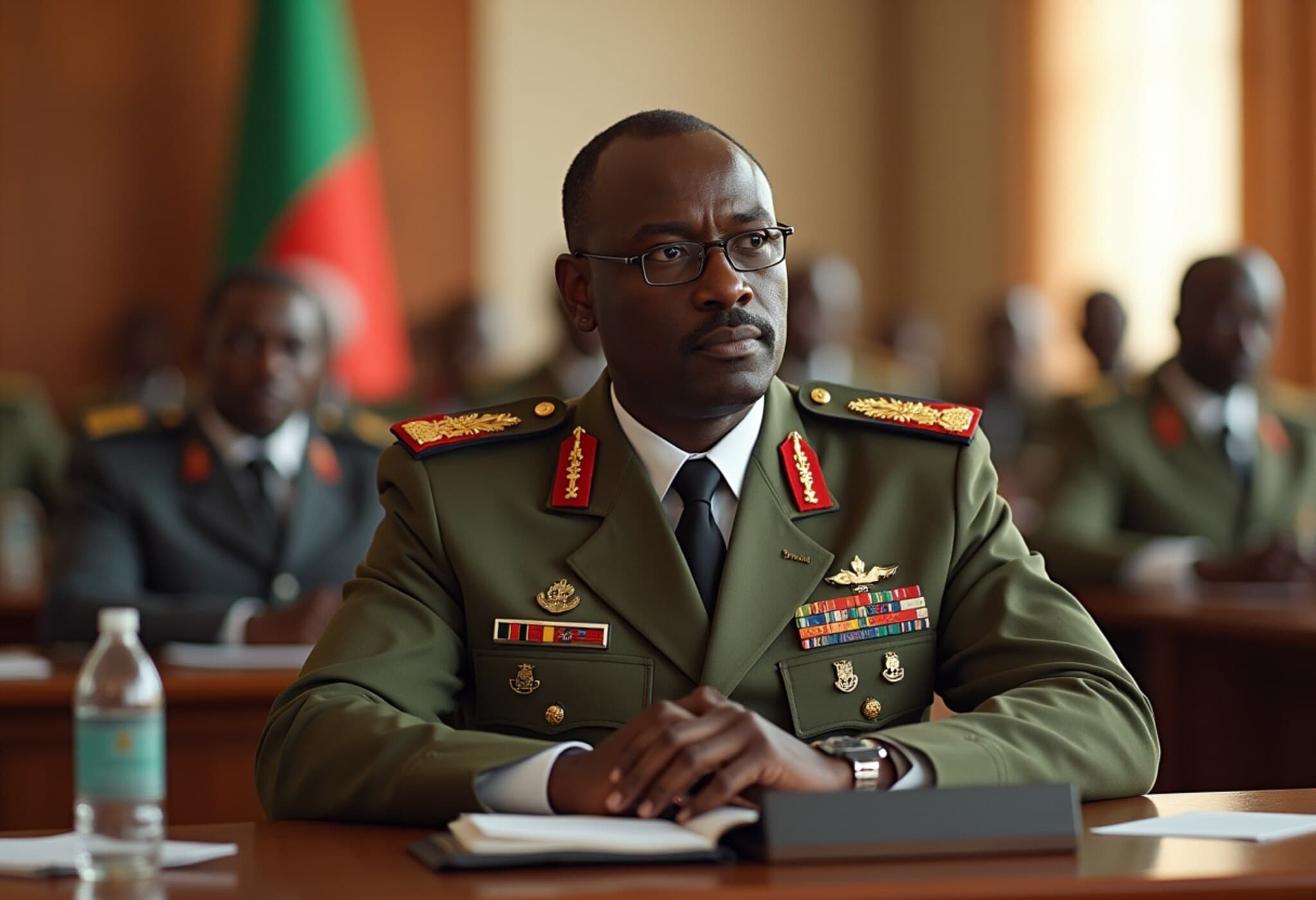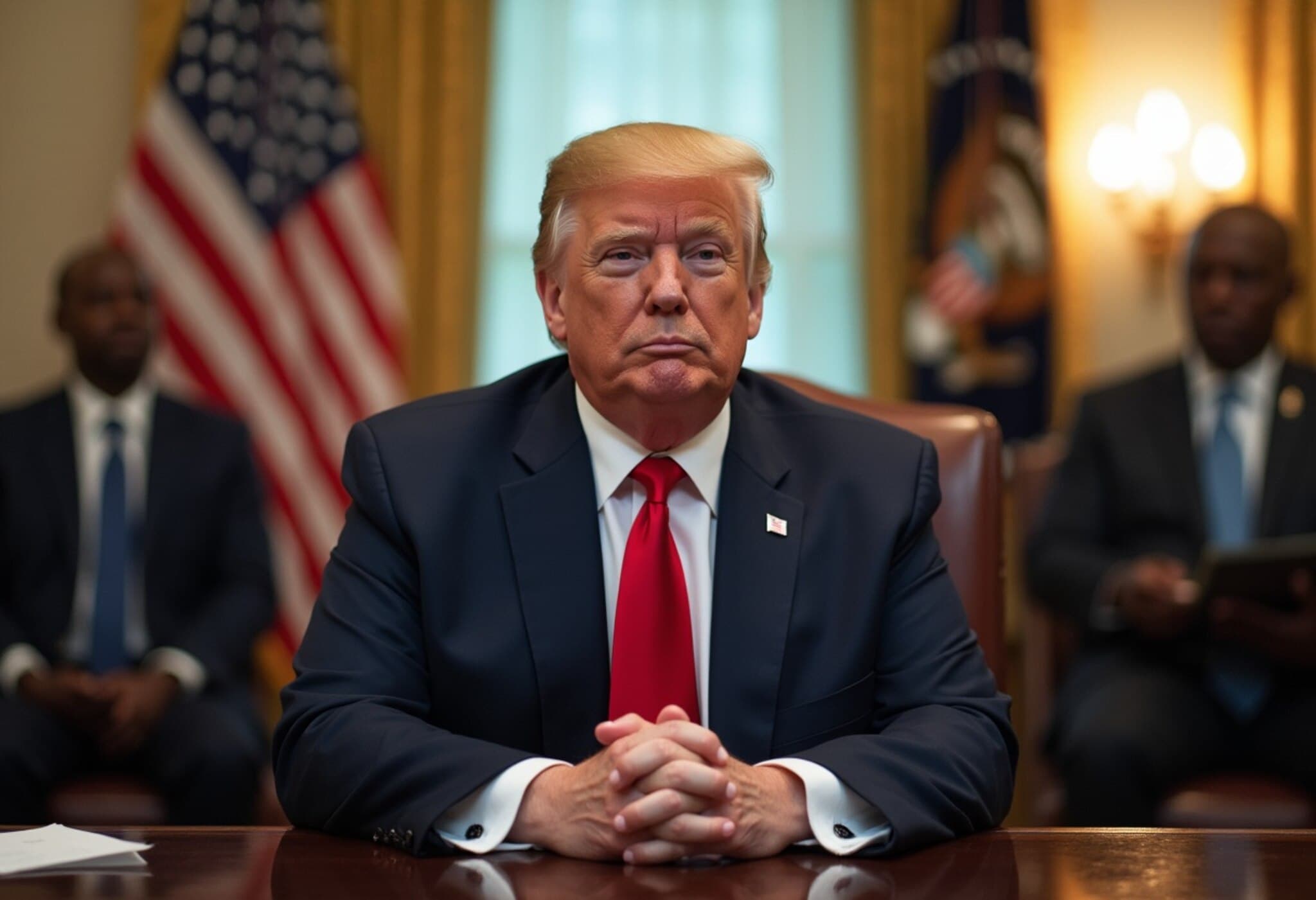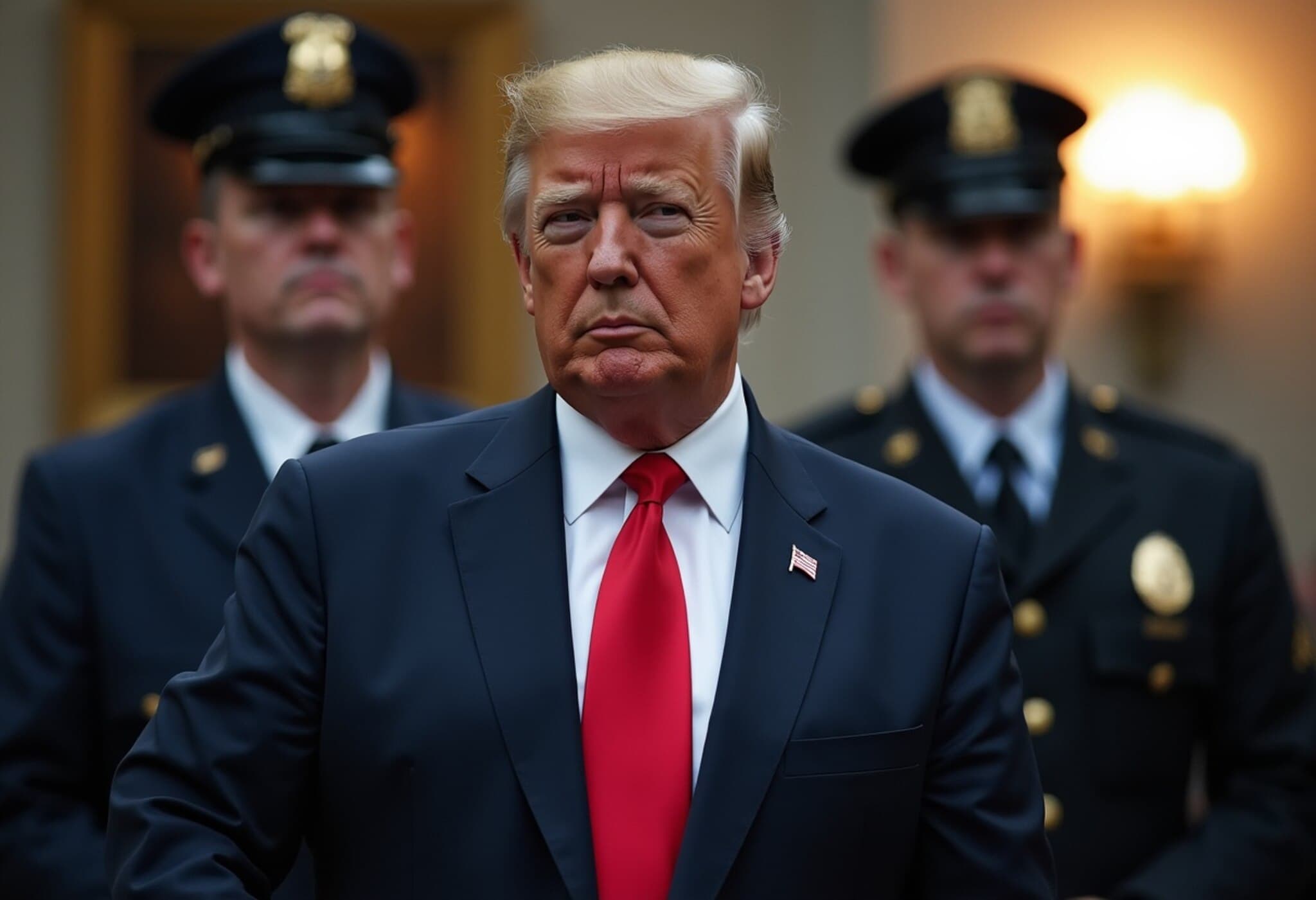Former Nigerian President Muhammadu Buhari Passes Away at 82
Nigeria bids farewell to Muhammadu Buhari, the prominent leader who governed Africa’s most populous nation twice—first as a military head of state and later as a democratically elected president. Buhari passed away in London where he had been receiving medical care over recent weeks, according to his press secretary. His death on July 13, 2025, marks the end of a controversial yet historically significant political era in Nigeria.
A Trailblazer in Nigerian Politics
Buhari was a pivotal figure in Nigeria’s political landscape. In 2015, he made history as the first sitting Nigerian president ever to be defeated in an election, a victory that symbolized a democratic milestone in Africa’s largest economy. He defeated incumbent Goodluck Jonathan in a hard-fought campaign, promising to tackle corruption, revive the faltering economy, and confront escalating insurgency threats.
Leadership Amid Economic and Security Turmoil
His tenure was marked by formidable challenges. Buhari’s administration grappled with Nigeria’s worst economic downturn in decades, largely driven by volatile oil prices and structural inefficiencies. Concurrently, his government fought relentlessly against Boko Haram and other insurgent groups, enduring criticism over human rights concerns but praised by some for a steadfast commitment to national security.
Complex Legacy and Regional Implications
Buhari’s leadership style and policies ignited polarizing debates within Nigeria and across West Africa. While many admired his anti-corruption crusade and military background as assets for national stability, opponents reproached his administration’s handling of economic policy and political freedoms. His passing invites reflection on how Nigeria can navigate governance, economic recovery, and security in the aftermath of his leadership.
Expert Insights on Buhari’s Impact
- Democratic Precedent: Buhari’s victorious 2015 election underscored the maturation of Nigeria’s electoral politics, a landmark for African democracy where incumbents rarely concede power peacefully.
- Economic Lessons: Analysts emphasize the need for diversification beyond oil dependency to insulate Nigeria’s economy from global shocks, a challenge Buhari’s administration struggled to address fully.
- Security Challenges: Counterinsurgency efforts during Buhari’s terms highlighted the complexity of Nigeria’s fragile security environment and the necessity of comprehensive socio-political strategies.
Looking Forward: What Next for Nigeria?
With Buhari’s passing, Nigeria stands at a crossroads. The country’s future leadership will inherit the monumental task of rebuilding trust in institutions, fostering economic resilience, and securing peace—issues that remain at the heart of Nigeria’s national discourse. West Africa and global partners will be closely watching how Nigeria navigates this crucial transition.
Editor’s Note
Muhammadu Buhari’s death presents an opportunity to reassess Nigeria’s path toward democratic consolidation and sustainable development. Beyond the headlines lie deeper questions about governance, national unity, and the aspirations of Nigeria’s youthful population. As Africa’s largest economy, Nigeria’s trajectory profoundly influences regional stability and economic growth, making this moment pivotal not only for Nigerians but also for the continent at large.

